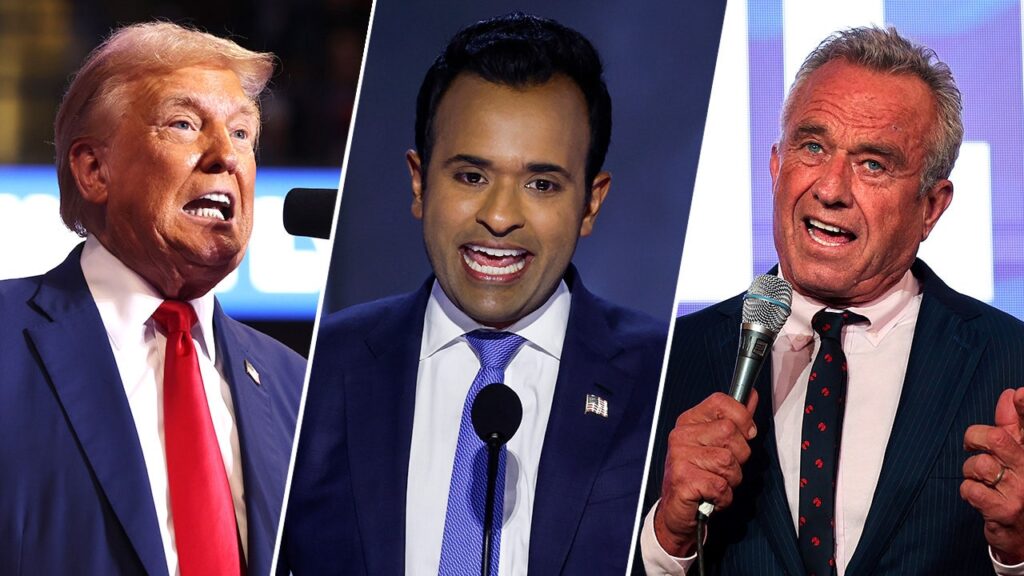
Here is what I am hoping is a rhetorical question: Should federal agencies have slush funds? By “slush fund,” I mean a pot of money that the agency, department, bureau or program can use even if Congress doesn’t want it to.
I would hope that Democrats and Republicans alike would agree that that is a bad thing.
I thought it was back in 2017, when President Trump asked me to take over as acting director of the Consumer Financial Protection Bureau. I had heard that my predecessor, Richard Cordray had been squirrelling away money just in case Republicans figured out a way to use the power of the purse to rein in the renegade Bureau.
To understand how he did that takes a quick primer in the unique way that the CFPB is funded. It does not get money from Congress, but rather from essentially an allowance from the Federal Reserve. And while there is a cap on how much that can be each year, the cap is tied to the Fed’s earnings, not to how much money it takes to actually run the Bureau.
Critically, the allowance is set by the director of CFPB (the group getting the money), not by the Fed (the group providing the money). And so long as the allowance is below the cap, there’s not a thing the Fed or Congress can do about it.
So, had Cordray needed, say $100 million to run the CFPB in a given quarter, he could have asked for that. But he could also ask for more — all the way up to whatever his cap was.
I remember testifying to Congress that, as the acting director, I could literally write out the sentence on a napkin “Please deliver $400 million to the CFPB,” walk the napkin over to the Fed, and they would be required to deliver the funds, even if I didn’t really need the money.
When I arrived at the CFPB in late 2017, I learned that the “surplus funds” being held in the Bureau’s accounts amounted to $177 million. That is the excess that Cordray had built up. That was the slush fund.
I decided to drain that fund by not asking the Fed for any money to run the Bureau. I figured we didn’t need new funds, and we certainly didn’t need a slush fund.
Fast forward to last week, when Russ Vought, the new acting director at the CFPB, again asked for zero dollars from the Fed to fund operations. In doing so, he shed some badly needed light on the slush fund.
Apparently, former director Rohit Chopra made Cordray look like a penny pincher, building up a slush fund of $711 million.
Which leads to what I hope is my next rhetorical question: What does a federal agency need with nearly three quarters of a billion dollars hidden away?
If you want to know what DOGE is really all about — if you want to know what conservatives have been complaining about for years when it comes to the Deep State — look no further than that slush fund. Also, it reveals something about what the next four years may look like under Trump.
Kudos to Russ Vought for asking for no money. Kudos to Elon Musk’s DOGE operation, which has managed to make the otherwise tedious policies of government restructuring, civil service reform, and operational efficiency something the public cares about. And kudos to Trump for letting both those men do their jobs.
I will admit that I enjoyed the parallels between how I handled the CFPB slush fund 7 years ago, and how Vought handled it this week. But I get the feeling that Vought, DOGE and Trump are going to get a chance to do even more.
After all, the experience at USAID and the CFPB seems to suggest that abusing taxpayer trust has been the rule, not the exception in Washington. Indeed, it seems that everywhere they are looking, they are finding things that make more and more people wonder — just what has been going on inside our government?
We did some of that in the first Trump administration. But without the support of Republican congressional leadership, and indeed some of our own Cabinet, we didn’t get nearly enough accomplished.
This time feels different.
Mark Twain gets credit for the line “history doesn’t repeat itself, but it often rhymes.” If that is indeed the case, it would seem that the second stanza of the Trump presidency is going to be a lot more productive than the first.
Mick Mulvaney, a former congressman from South Carolina, is a contributor to NewsNation. He served as director of the Office of Management and Budget, acting director of the Consumer Financial Protection Bureau and White House chief of staff under President Donald Trump.


